Forty years of packed houses later, Prithvi Theatre's biggest accomplishment is that Prithviraj Kapoor would have been bleeding proud of it. In a celebratory mood, the theatre is set to stage all seven of his original plays
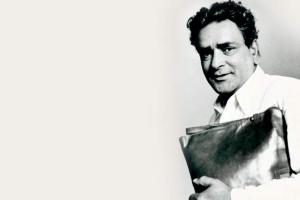
Alongside his film career, Prithviraj Kapoor was hyperactive in theatre with his repertory, Prithvi Theatres
Prithviraj Kapoor was a king among men. Not because of his imposing mien, which he used to great effect in his films, but because his head and his heart spoke for the people. In 1944, after becoming a known actor, he founded a travelling troupe, a band of merry men, called Prithvi Theatres. Between 1945 and 1956, he commissioned seven original plays that voiced his concerns: Deewar was a tale of two feuding brothers, staged two years before Partition; Pathan showed the community beyond the stereotype of loan sharks and gatekeepers; Ghaddar featured Indian Muslims who were labelled Pakistanis and, therefore, traitors in new India; Ahooti dealt with the stigma of rape among female refugees; Kalakar discussed life in a jungle versus the concrete jungle; Paisa tackled corruption; and Kisan detailed the problems of farmers. They performed 2,662 shows in 112 towns, in which Prithviraj played the lead every single time.
ADVERTISEMENT
"Even though he was a major star, he would take the time to travel to small towns," says theatre critic Deepa Gahlot, who has co-written a book called The Prithviwallahs. "Every town didn't even have an auditorium; they performed wherever: in school halls, cinema halls. It was a proper travelling theatre company, [which] he ran with great love and care."
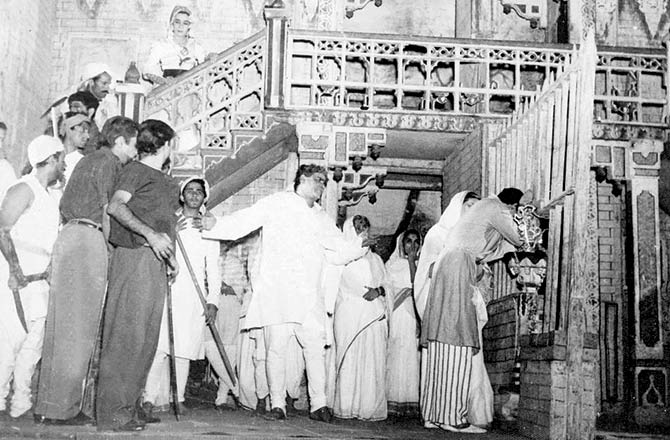
The original cast of Deewar
After laying in coma for more than 60 years, Prithvi Theatre, the physical space built by his son Shashi Kapoor in 1978, is reviving all seven plays today. "Those social issues, from the mid-1940s to mid-1950s, are still relevant in 2018," says Kunal Kapoor, Prithviraj's grandson, who runs the theatre today. The first two plays are Deewar, helmed by Sunil Shanbag, which will open the Prithvi Theatre Festival in November; and Kisan, which will debut in June-July 2019, directed by Abhishek Majumdar.
Curtain calls
The patriarch of India's first film family actually preferred the stage to the screen. "Oh, yeah," says Kapoor, when he meets us in the adda of Prithvi Theatre. "Because that's how he supported his theatre. It never made money. That was his dream: to have his own theatre." Prithviraj would be pleased as Punch to know Prithvi still doesn't make any money. "I run a non-profit," says Kapoor. "I'm looking at it surviving. We've managed to operate for 40 years, without any grant. The land was not given to us; my father bought the land from the Bajajs. He built the theatre out of his own pocket."
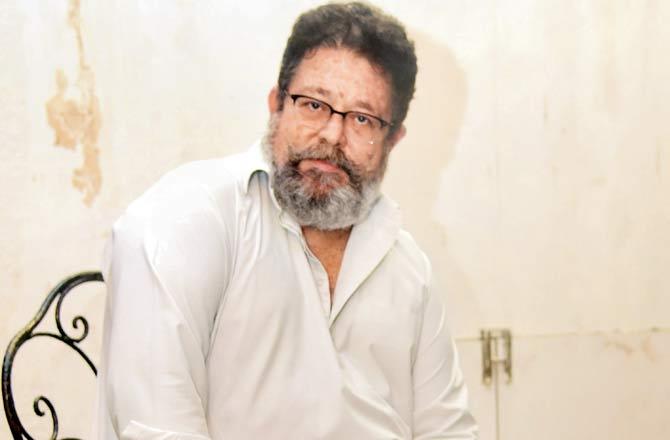
Kunal Kapoor
Looking rather leonine in an off-white kurta-pyjama, Kapoor reflects on his family's legacy. "Prithviraj Kapoor was not political. He was what I would call a humanist. He believed in fair play, a certain moral code, which was very generous." At the end of his performances, he would give extempore speeches about the issues that made his heart heavy. After Partition, he would stand with his shawl and collect donations for refugees. When both the RSS and the Muslim League objected to his works, he invited them over to sit in the audience. "The Pathans objected to the play Pathan," adds Kapoor. "Let's be honest and look at recent history. You know for a fact that a group of people have objected to a film without seeing it. What are they objecting to? So, he said, 'Come and see it, and tell me if you find it objectionable.' The amazing thing was that none of them did."
Reviving his plays was always on the back of Kapoor's mind. "These are things [issues] we're still dealing with today. That's why I think they have a life. Definitely, we need to adapt them, [just] like Shakespeare. Prithviraj Kapoor would have 50-60 people onstage; his plays would go on for four-and-a-half hours. That's not feasible today. So, you need to edit them and bring them up to speed. The idea is [to have] a director's interpretation or his approach to the classics. That's what we're trying to do."
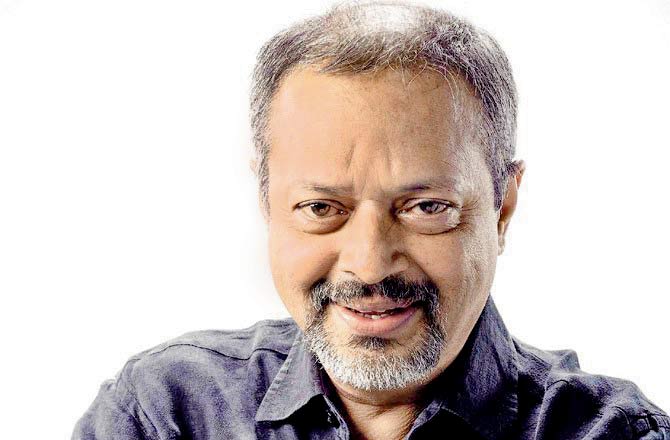
Sunil Shanbag
Taking the work forward
Kapoor could not have picked more gifted artistes for the first two plays: Shanbag and Majumdar. As Majumdar says, "I think Sunil has played a massive role in keeping alive the kind of theatre Prithviraj Kapoor made." On his adaptation, Shanbag says, "I read [all] seven plays; I chose Deewar. Obviously, there was something that attracted me. It's a wonderful allegory about Partition and colonialism. It's set in a small jagir, and within that, the whole project of colonisation is played out. It's very accessible, very dramatic, and, in many ways, very perceptive. Even in 2018, there are some really interesting things said in the script."
Majumdar chose Kisan, "Because at the moment, we need to think deeply about the environment and the agrarian crisis," he says. "In the original play, the protagonist says, 'The colonisers have left, but left us with new masters.' We can see that play out on the streets today: from the Kisan Long March to the recent rally in Delhi. In the cities, we are being conditioned to think of farmers [only] when they die. We are not talking about how they live." For his research, he is exploring every corner, from Dalit science fiction to black comedies. "I suppose the play will emerge from these endeavours. I am quite certain, if Prithviraj Kapoor was alive today, this play would not have been as caste opaque as it is now. One can tell from his other plays that he had a deep sensitivity for the marginalised, in any society, at any time."
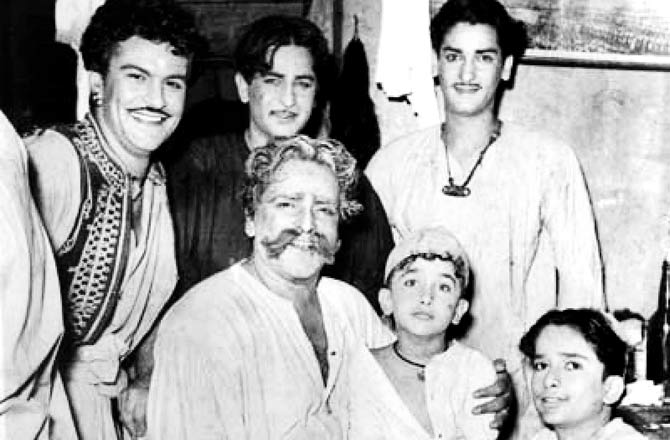
The Kapoor family in costume
Prithviraj had his ear to the ground, because his crew of 150 people made their way through India like a hive. "They travelled third-class," says Kapoor. "They travelled in three bogies. They were very, very democratic. They all ate together, they sat together, they slept together. There was no hierarchy even then." Gahlot adds, "There were no hotels, so they would sleep in dormitories. He didn't expect any special treatment, just because he was the leader and owner of the company." Prithviraj was one with the people, because he knew that's what behoves a king.
Also Read: Saurabh Shukla talks about his latest play Jab Khuli Kitaab
Catch up on all the latest Mumbai news, crime news, current affairs, and also a complete guide on Mumbai from food to things to do and events across the city here. Also download the new mid-day Android and iOS apps to get latest updates
 Subscribe today by clicking the link and stay updated with the latest news!" Click here!
Subscribe today by clicking the link and stay updated with the latest news!" Click here!






